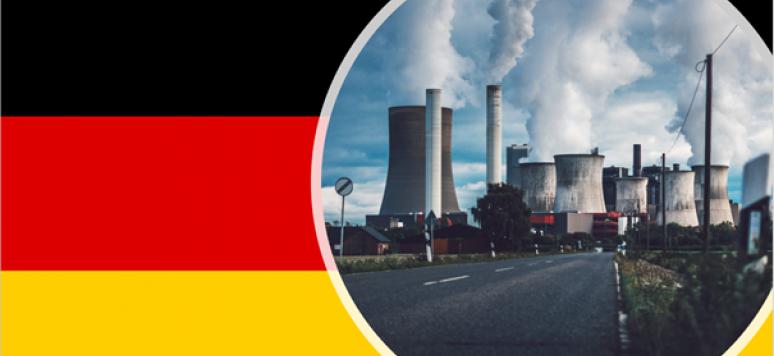Briefings de l'Ifri - Facing a Wall: Climate in the German Elections and Perspectives for France Briefings de l'Ifri, September 21, 2021

All key candidates have climate neutrality by 2045 in sight, yet Germany is preparing to embark on a high-speed decarbonization train that has neither enough power nor rails to lead to its final destination. Beyond slogans and principles, effective strategies have often been missing.
• Debates have, however, moved beyond electricity to transport, industry, and housing. The Greens have outlined the most articulated plan and have suffered from laying out too many details on core social implications, as their opponents have instrumentalized burdens and alleged cost increases – hardships are taboo.
• On Europe, stronger conflict could emerge with Germany about the role of the Stability Pact, Emissions Trading System (ETS) versus regulation, joint borrowing and spending plans, trade policy and taxation if the CDU leads the next government, and over nuclear power in the case of a Green/SPD coalition.
• For France, bringing decarbonization progress center stage, and delivering more, will be crucial to face a Germany that may be more assertive, though possibly lamed by coalition arrangements and that will struggle to deliver on the tough 2030 targets.
